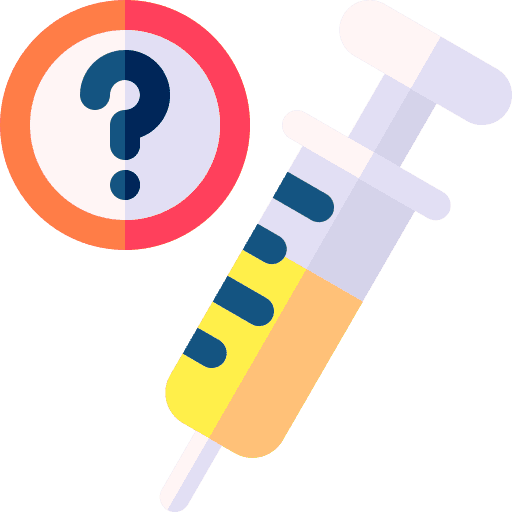If proper treatment is found, the individual may lead a successful life. In initial recovery, the individual may feel extremely lonely. Coping with the onset for the first time requires extensive support from loved ones. With this social support, understanding, and determination, the individual can learn how to successfully cope with it and live their life. Compliance with the treatment plan is of utmost importance. This is set up by the clients themselves and the therapist/doctor while maintaining the balance between medication and therapy. If the treatment is stopped suddenly, it may lead to a relapse of symptoms.
Psychotherapy plays an important role in schizophrenia treatment which requires appropriate psychotherapeutic intervention programs. Treatment includes psychotherapy, antipsychotic medications, family support and education, and case management. The individual learns social skills and how to make weekly goals including advice, suggestions, and education with their therapist. Encouragement and reinforcement when achieving small goals can be helpful.






